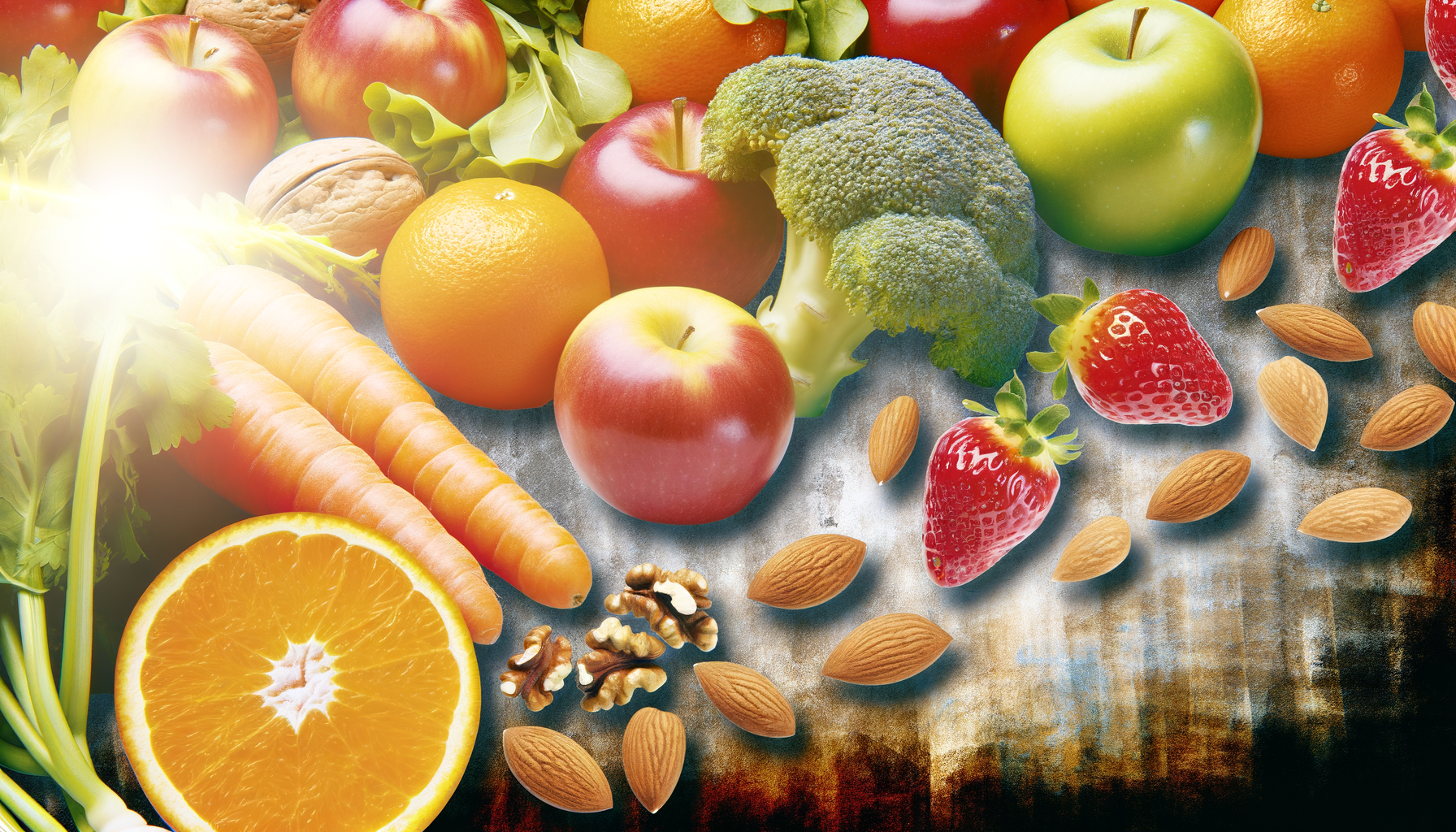Understanding the Crucial Role of Calorie Quality in Stem Cell Health
When it comes to maintaining optimal health, particularly in the context of regenerative health and anti-aging, the quality of calories you consume plays a pivotal role. Stem cells, the body’s natural repair mechanisms, are heavily influenced by dietary choices. Here, we delve into the impact of calorie quality on stem cell health, exploring how nutrition can either hinder or enhance the functionality and potency of these vital cells.
The Impact of Calorie Intake on Stem Cells
Calorie intake is a critical factor in the health and function of stem cells. Research has shown that calorie restriction, when implemented in a healthy manner, can have positive effects on stem cell activity. A study on mice, for instance, found that calorie restriction improved the function of muscle stem cells, suggesting potential benefits for humans as well.
This does not mean severe calorie restriction is necessary; rather, a balanced approach to reducing excess calories can contribute to better stem cell activation and health. For example, a diet that avoids excessive sugar and refined carbohydrates can help maintain healthier stem cell populations. Foods like white bread, pasta, and sweet fruits, which lead to high insulin production, should be consumed in moderation to avoid metabolic syndrome and its negative impact on stem cells.
Nutritional Foundations for Healthy Stem Cells
A diet rich in essential nutrients is fundamental for supporting the growth and function of stem cells. Nutrients such as vitamins, minerals, and proteins are crucial for cellular rejuvenation and regeneration. Including foods like fruits, vegetables, whole grains, and lean proteins in your diet can provide the necessary building blocks for healthy stem cell function.
Specific nutrients like vitamin C, vitamin D, and zinc are particularly important. Vitamin C, found in citrus fruits, is essential for collagen production and can support the structural integrity of tissues. Vitamin D, abundant in fatty fish, helps regulate cell growth and differentiation. Zinc, found in nuts and seeds, is vital for immune function and can help protect stem cells from oxidative stress.
The Role of Antioxidants and Anti-Inflammatory Foods
Antioxidants and anti-inflammatory foods are also crucial for maintaining healthy stem cells. Berries such as blackberries, goji berries, pomegranate, blueberries, and raspberries are rich in flavonoids and antioxidants like superoxide dismutase (SOD), which help reduce oxidative stress and inflammation. These compounds are essential for supporting optimal liver health and preventing joint pain, creating a favorable environment for stem cell function.
In addition to berries, other antioxidant-rich foods like leafy greens, cruciferous vegetables, and nuts can help mitigate the effects of oxidative stress on stem cells. Intermittent fasting, which has been shown to trigger rapid cellular regeneration, can also be a beneficial dietary strategy for boosting stem cell health.
Consequences of Poor Nutrition on Stem Cells
A diet high in processed foods, sugars, and unhealthy fats can have detrimental effects on stem cell health. Such diets can lead to chronic inflammation, metabolic syndrome, and other health issues that create an unfavorable environment for stem cells to thrive. Chronic inflammation, in particular, is associated with various age-related diseases and can impair the resilience and functionality of stem cells.
Moreover, excessive energy intake, especially post-transplantation in patients undergoing stem cell treatments, can lead to elevated blood sugar levels and other complications. It is essential to maintain a balanced diet with adequate protein, healthy fats, and antioxidants to support the recovery and health of stem cells.
Real-World Examples and Case Studies
In clinical settings, the importance of nutrition for stem cell health is well-documented. Patients undergoing Hematopoietic Stem Cell Transplantation (HSCT) require personalized nutrition plans to meet their specific energy and protein needs. A diet that ensures sufficient protein intake (1.4 to 1.5 grams per kilogram of body weight per day) is vital for preserving muscle mass and supporting the body’s recovery post-transplantation.
Additionally, integrating nutritional supplements into the diet can significantly contribute to stem cell rejuvenation. For instance, vitamin and mineral supplements can help create a more favorable environment for stem cell therapy to flourish. This holistic approach to health, combining nutrition with lifestyle changes, maximizes the potential of stem cells and aligns with the goals of comprehensive care in stem cell clinics.
Conclusion and Practical Steps
In conclusion, the quality of calories you consume has a profound impact on the health and function of your stem cells. By focusing on a diet rich in essential nutrients, antioxidants, and anti-inflammatory foods, you can create an optimal environment for your stem cells to thrive. Here are some practical steps you can take:
- Incorporate a balanced diet with plenty of fruits, vegetables, whole grains, and lean proteins.
- Avoid excessive sugar and refined carbohydrates.
- Include antioxidant-rich foods like berries and leafy greens.
- Consider intermittent fasting as a strategy for cellular regeneration.
- Ensure adequate protein intake, especially if you are undergoing stem cell treatments.
- Consult with a registered dietitian to create a personalized nutrition plan.
By making these dietary changes, you can support the health and function of your stem cells, enhancing your overall regenerative health and anti-aging efforts. For more detailed guidance on nutrition and health, you can visit resources like Calorie Calculator Cloud or consult with healthcare professionals specializing in nutrition and regenerative health.
If you are considering stem cell treatments, it is crucial to integrate optimal nutrition into your pre- and post-treatment care. This approach not only maximizes the efficacy of the treatment but also supports your overall health and well-being. Remember, a well-nourished body is better equipped to harness the full therapeutic potential of stem cells.
For those looking to optimize their nutrition plans, exploring the various Calorie Calculator Plans can provide valuable insights and tools to help you make informed dietary choices.








